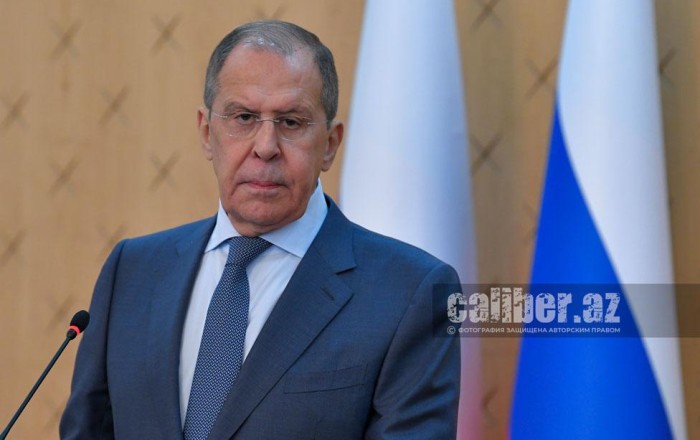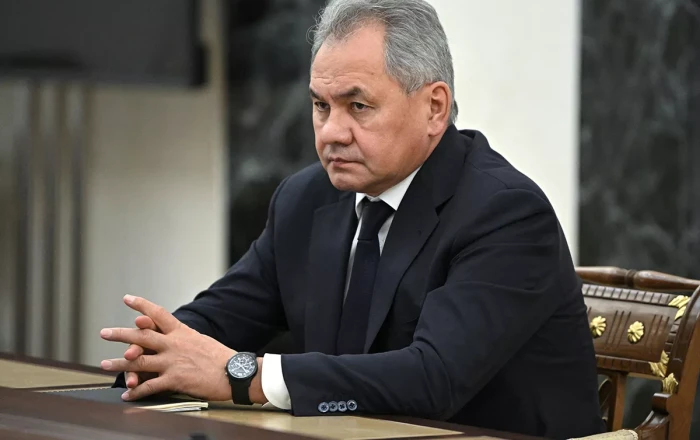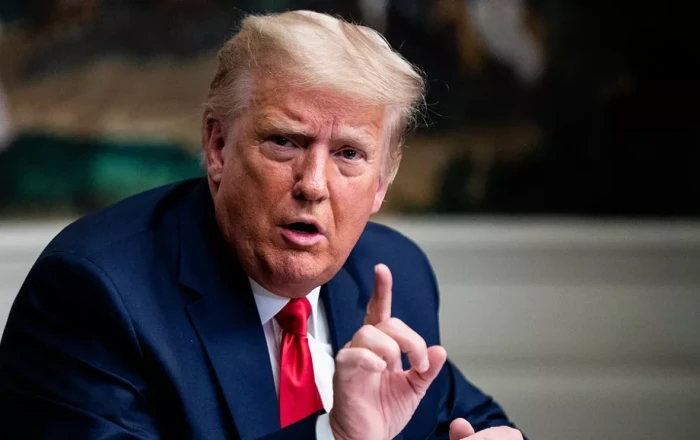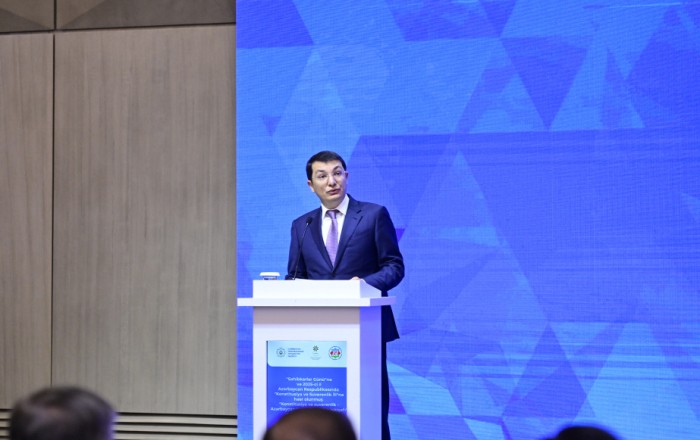China’s government is reportedly considering suspending its 125% tariff on certain US imports as the economic burden of the ongoing trade war becomes increasingly apparent.
Sources familiar with the discussions indicated that Beijing is contemplating lifting the additional levies on medical equipment and some industrial chemicals, such as ethane, as well as waiving the tariff on aircraft leases, Caliber.Az reports, citing US media.
The tariff exemptions under discussion echo similar actions taken by the US earlier this month, which excluded electronics from its 145% tariff on Chinese imports. These moves reflect the deeply interconnected nature of the world's two largest economies, as some critical industries have suffered due to the escalation of the trade conflict.
"Like many airlines, Chinese carriers don’t own all of their aircraft and pay leasing fees to third-party companies to use some jets — payments that would have become financially ruinous with the additional tariff," one person familiar with the matter said.
China’s economy remains reliant on certain US goods despite its position as the world’s largest plastics manufacturer. Notably, some of China’s factories depend on ethane, which is primarily sourced from the US, while Chinese hospitals rely on advanced medical equipment such as MRI and ultrasound machines produced by American firms like GE Healthcare Technologies Inc.
The Chinese Ministry of Finance and General Administration of Customs have not responded to requests for comment. The list of potential tariff exemptions is still being finalised, and the discussions may not lead to any immediate outcomes. Authorities have requested companies in vulnerable sectors to submit the customs codes of the US goods they wish to have excluded from the new levies.
"At least one Chinese airline has been notified that payments to aircraft leasing companies located in free trade zones will not be subject to the new levy," one source added.
Meanwhile, traders have circulated lists of potentially tariff-exempt customs codes for critical chemicals and semiconductor components. China is also preparing to waive additional tariffs on at least eight semiconductor-related products, though memory chips are currently excluded. This could affect companies like Micron Technology Inc., the world’s third-largest memory chipmaker.
Despite these potential tariff adjustments, trade talks between the US and China remain stalled. Chinese officials have publicly called for the US to lift all unilateral tariffs before engaging in negotiations. Meanwhile, President Donald Trump has sought to speak with President Xi Jinping since returning to office, but so far, Xi has declined, favouring lower-level talks as a way forward.
On the US side, the Trump administration has exempted electronics such as smartphones, computers, and various components from reciprocal tariffs, a significant relief for global tech manufacturers, including Apple Inc. and Nvidia Corp., though these exclusions may be temporary.
By Aghakazim Guliyev
Source: caliber.az












